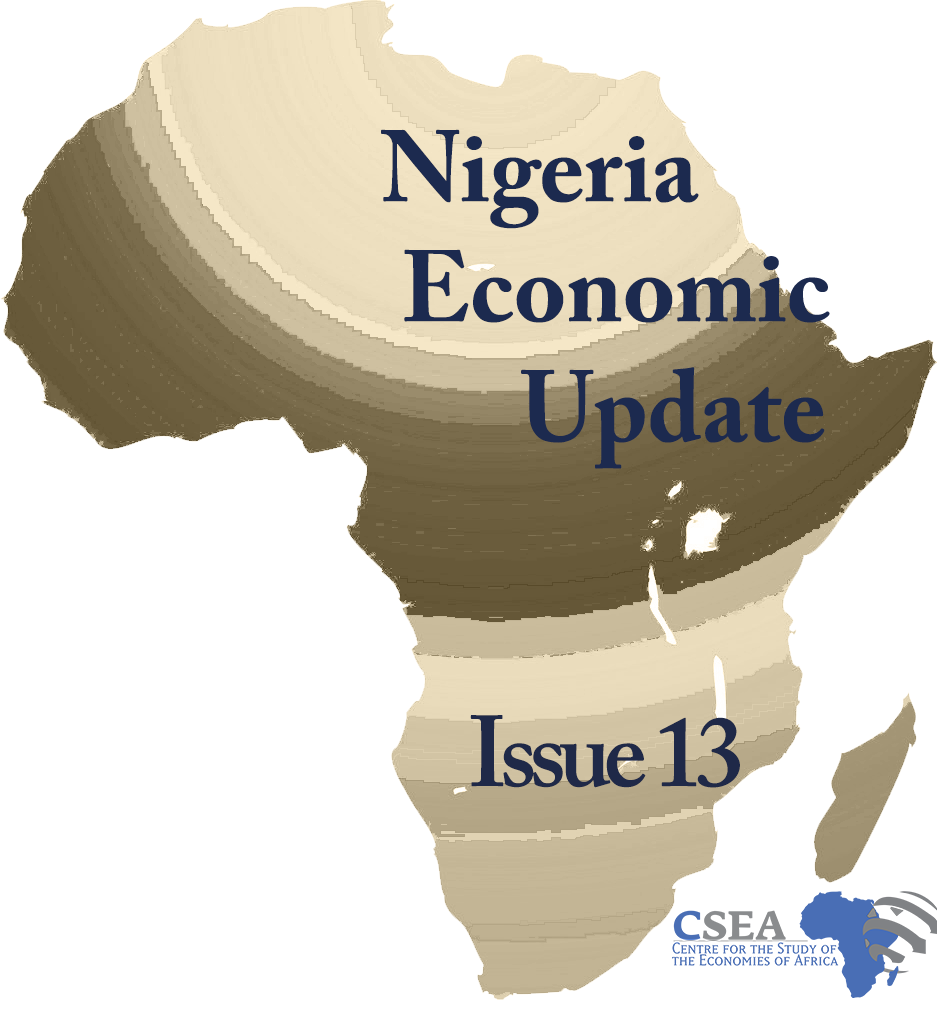The CBN Monetary Policy Committee (MPC) switched its policy stance to ‘easing’ at the last MPC held on March 25-26, 2019. While holding other policy parameters at previous levels, the Monetary Policy Rate (MPR) was cut by 50bps to 13.5%1 following a retaining policy stance of 14% that lasted for more than two years (since July 2016). The justification for the rate cut is linked to the following: the relative moderation in the exchange rate, continued deceleration of inflation rate, and the gradual renaissance of investment flows. Although the economy has welcomed improvements in economic indicators such as the GDP growth rate, the policy decision was primarily anchored on the need to further stimulate the economy. The rate cut could reduce the cost of borrowing while encouraging credit flows to productive sectors of the economy.2 In the coming months, we expect that the 13.5% MPR will be sustained as the transmission lags of the new rate on other economic variables will be expected to fully manifest before further changes are made.
Macroeconomic Report & Economic Updates

April 17, 2019
Nigeria Economic Update (Issue 13)
The CBN Monetary Policy Committee (MPC) switched its policy stance to ‘easing’ at the last MPC held on March 25-26, 2019. While holding other policy parameters at previous levels, the Monetary Policy Rate (MPR) was cut by 50bps to 13.5%1 following a retaining policy stance of 14% that lasted for more than two years (since […]
Read →
Related
Nigeria Economic Update (Issue 12)
The naira/dollar exchange rate remained largely stable at the parallel
market at ?320/$ during the period7, albeit slight
fluctuations on February 29, 2016 (?325/$) and March 2, 2016 (?328/$). The
decline in the hoarding of foreign currency as well as the substantial
reduction in the speculative demand for dollars were the two key factors
responsible for the ease of fluctuations in the forex market8. With the slight
increase in the price of crude oil, Nigerias foreign reserve slightly grew by $56 million, from 27.81 billion to $27.84 billion9.
With the continued increase in the price of crude oil, a modest build-up of
foreign reserve to guard against unfavourable commodity price movements is
expected in the near term.
Nigeria Economic Update (Issue 39)
The monthly monetary survey by the CBN shows a decline in money supply for the month of August 2017, relative to July 2017. Narrow and broad money supply dropped by 4.2% and 1.5% to N9,891 billion and N21,851 billion respectively. The continuous monetary contraction witnessed over the past months may be associated with aggressive sale of treasury bills by the CBN through open market operations. This act is capable of mopping up liquidity in the economy, reduce loanable funds in the banking system, and constrain the easing of lending rates in the near term.
